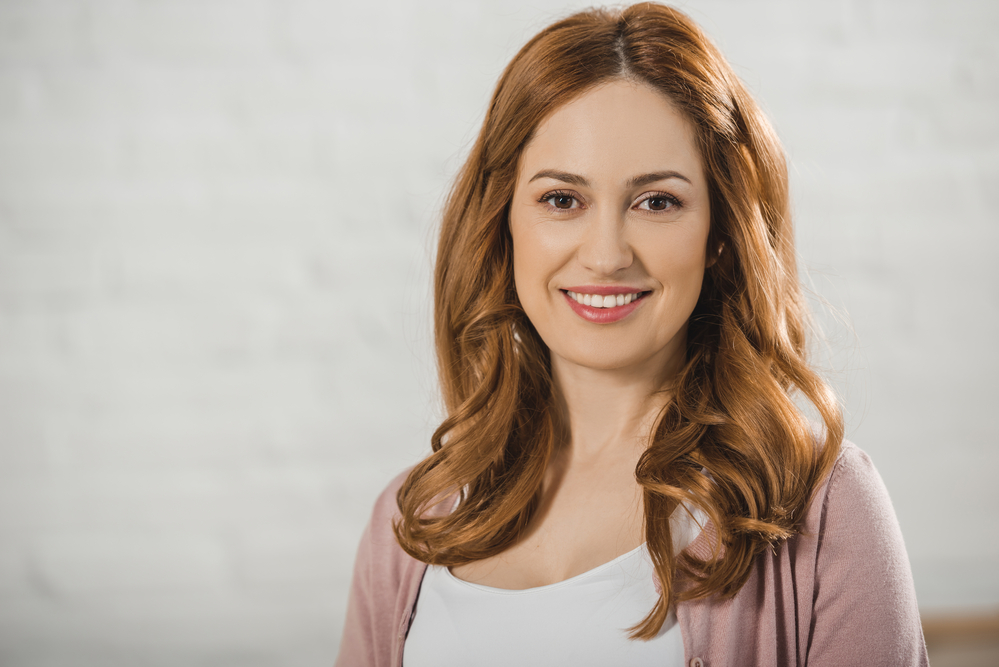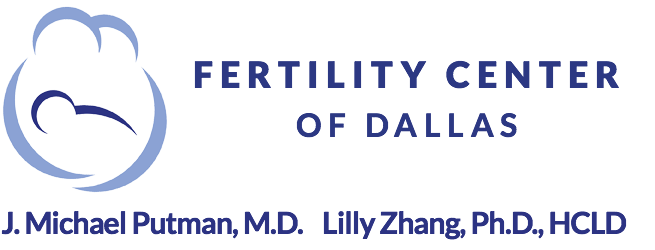
05 Apr Low Egg Count? Next Steps to Take
We typically diagnose diminished ovarian reserve (DOR) during infertility testing. However, we’re noticing an uptick of young women coming to our practice after learning they have DOR through proactive AMH fertility testing.
Egg stores and fertility rates diminish naturally with age, so virtually every woman over the age of 40 has DOR. However, a DOR diagnosis before your late 30s or early 40s means that the quantity and/or quality of the eggs you have left is lower than average for your age. Therefore, immediate action is required if you want to start a family.
Diminished Ovarian Reserve (DOR) Deserve Experienced Fertility Support
A DOR diagnosis deserves immediate support and the creation of a treatment plan by experienced fertility experts.
1. Review statistics of fertility centers in your area and beyond
The first step is to seek support from fertility specialists with high DOR treatment success rates. IVF is one of the best ways to get pregnant with DOR, but not all IVF success rates are created equal. For example, a prospective clinic may seem to have “the highest IVF success rates,” but not necessarily for women with DOR. Ask about statistics specific to your infertility diagnosis before moving forward.
2. Get complete infertility testing for you and your partner
Diminished ovarian reserve may not be the full infertility story. There is a chance you have a secondary infertility factor at work, and this needs to be uncovered before you can create a truly customized treatment plan. For example, if you have both DOR and endometriosis, or your partner has poor sperm quality/quantity, it alters treatment recommendations.
You and your partner should get a complete fertility workup, including screening and testing, to make a completely informed decision about your treatment options.
3. Ask about Clomid and timed intercourse
Depending on the number of your egg reserves, you may still be able to get pregnant without more intensive fertility treatments. For example, depending on your age and family planning goals, your doctor may give the green light to try an oral fertility mediation (like Clomid) and timed intercourse to increase your chance of getting pregnant at home.
However, women with minimal eggs left are better off pursuing other options.
4. Learn all you can about DOR fertility treatment(s)
If Clomid and timed intercourse aren’t an option, your doctor is most likely to recommend:
Egg freezing (fertility preservation)
Women who learn they have DOR before they want to start a family typically choose to freeze eggs to be used via IVF when they’re ready to get pregnant. IVF statistics of healthy women reflect the age of the egg – rather than the age of the uterus – so women between the ages of 22 and 30 have the highest IVF success rates.
IVF
In vitro fertilization (IVF) is one of the most common fertility treatments for women with DOR who are likely to have good egg quality. In this case, you’ll go through the first phase of the IVF treatment process, up to the egg retrieval process. At that point, you can continue with IVF using fresh embryos, or you can store the fertilized eggs/embryos for IVF at a later date (read Frozen Embryos & IVF Success to learn more about the difference).
IVF using donor eggs
Sometimes, we recommend using IVF with donor eggs. This is most likely when we suspect egg quality and egg quantity are factors.
We have no way to test for egg quality. We’ll conduct a thorough medical and family history and use genetic testing to see if there are other factors in the mix. If you have a history of radiation, chemotherapy, or other medical treatments known to compromise your eggs, we may recommend using donor eggs. If genetic testing indicates you carry chromosomal abnormality, we’ll recommend using a donor egg.
You may choose to pursue IVF with your remaining eggs and then move on to donor egg options if your cycles are unsuccessful. However, if finances are a concern, donor eggs may be the fastest and most affordable way to have a healthy baby using fewer IVF cycles.
Fertility Center of Dallas is Here to Support DOR Treatment Options
The team at Fertility Center of Dallas has helped hundreds of women with diminished ovarian reserves. Contact us to schedule a consultation and design a treatment plan personalized for your needs and goals.






